
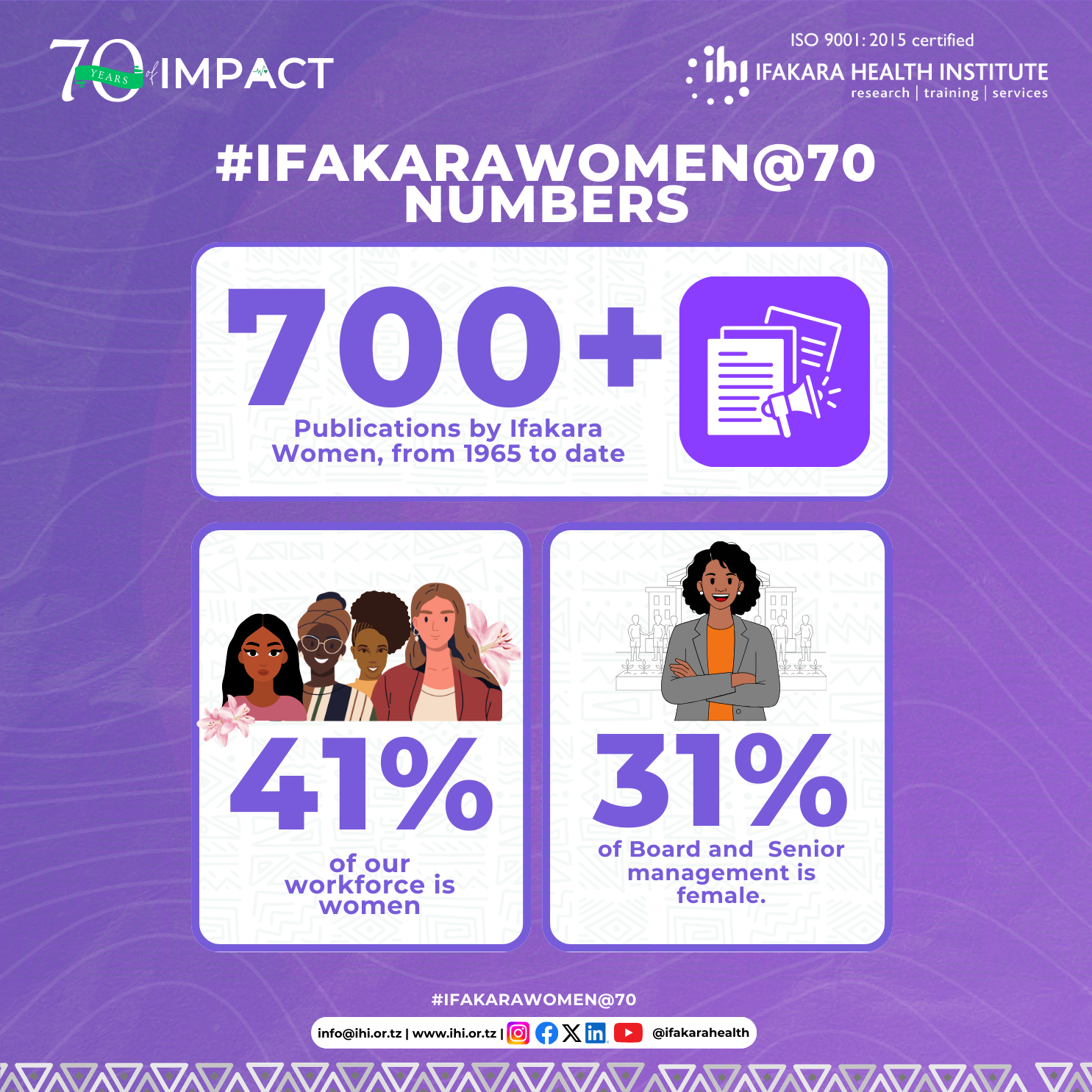
Graphic by IFAKARA Communications
#IFAKARAWOMEN@70: At Ifakara, the story of women is written not only in words—but in numbers that speak
On paper, they look like statistics. In reality, they are milestones of determination, leadership, and impact.
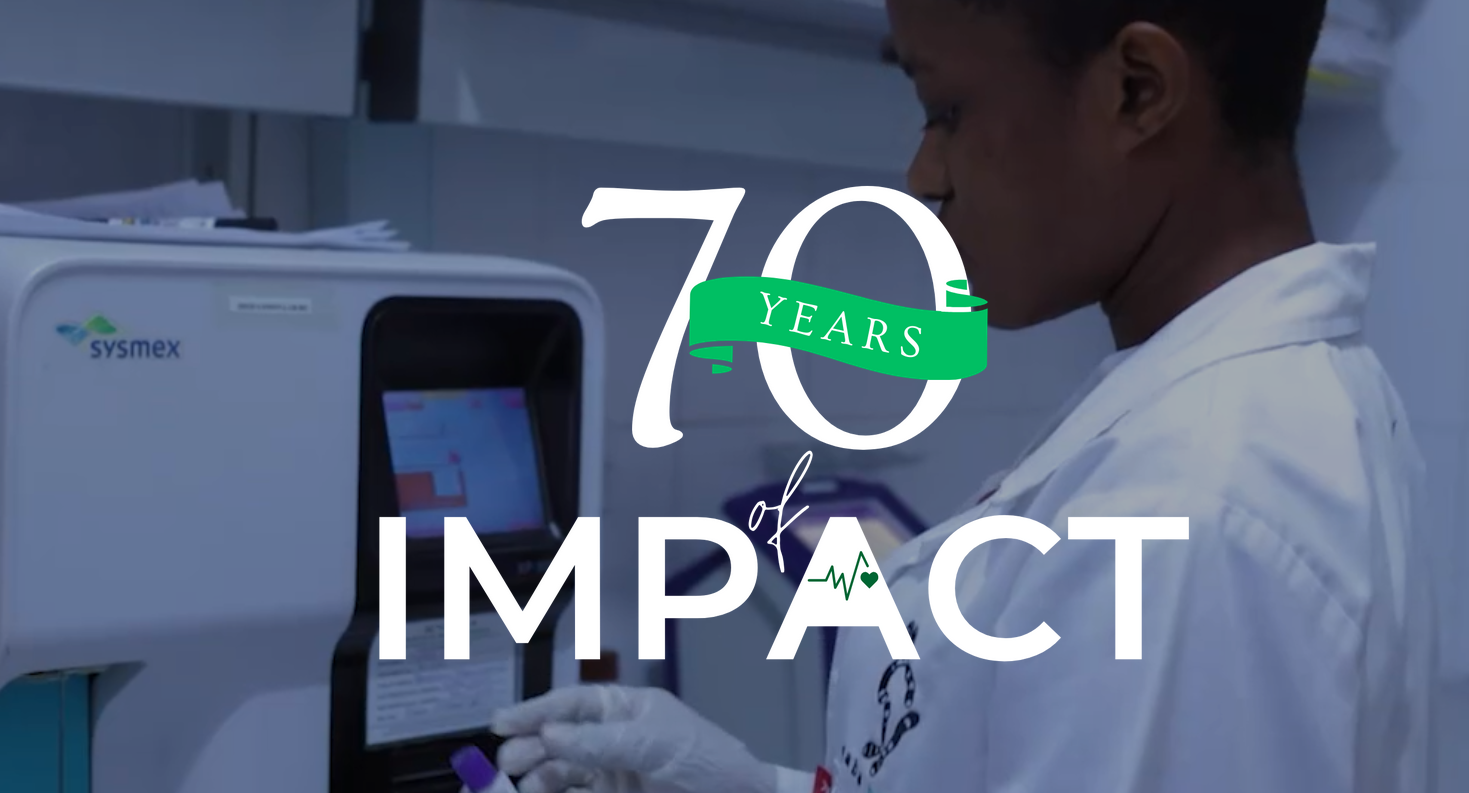
Graphic by IFAKARA Communications
#IWD2026: Honoring Ifakara women behind 70 Years of Impact
This March, Tanzania joins the world in commemorating International Women’s Day 2026 under the national theme: “Rights and Equality for Women and Girls: An Inclusive Foundation Towards Vision 2050.”<…
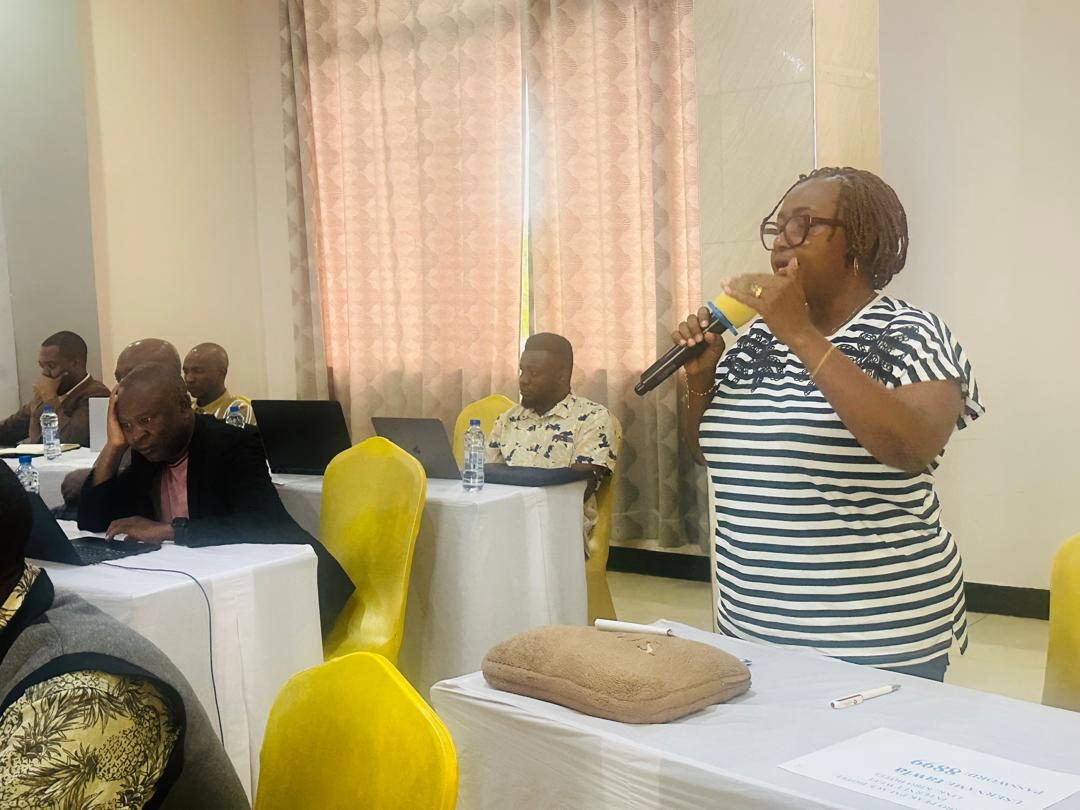
Dr. Sally Mtenga, a Senior Social Scientist, Ifakara contributing to the conversation.
MEETING: Ifakara contributes to national validation of Tanzania’s Nutrition Profile Model draft
The Ifakara Health Institute, represented by Dr. Sally Mtenga, a Senior Social Scientist, participated in the national…
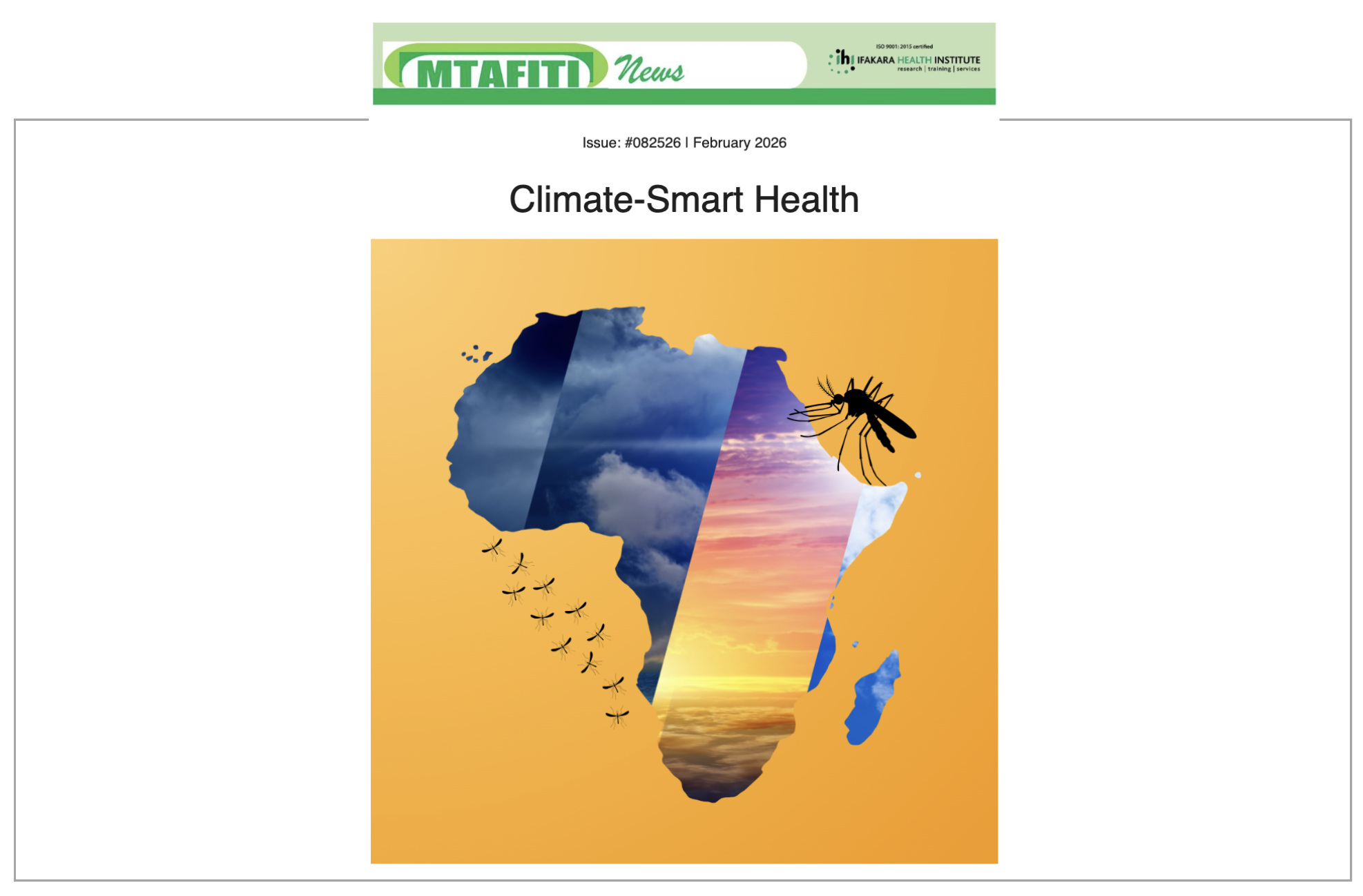
A snip from the Feb 2026 edition's featured story. GRAPHIC | IFAKARA Communications Feb. 28, 2026
MTAFITI: The February 2026 edition is HERE!
"MTAFITI" - the monthly news and events round-up of Ifakara Health Institute - February 2026 edition is out. This edition focuses on climate-resilient disease control, highlighting…
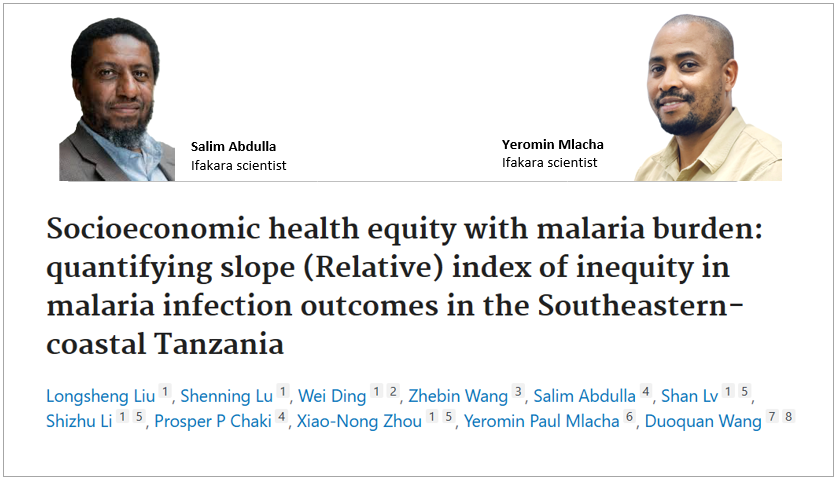
A snip from the BMC Public Health journal with insets of Ifakara Health Institute scientists Salim Abdulla and Yeromin Mlacha, who contributed to the study. GRAPHIC | IFAKARA Communications
MALARIA: Poorest households bear the heaviest burden in Tanzania
Fresh findings from a study in Tanzania show that malaria continues to affect poor communities in south-eastern part of the country harder than wealthier ones, exposing deep socioeconomic inequalities in infection ris…

(L–R) Member of Parliament for Temeke Constituency, Hon. Mariam Nassoro Kisangi, is joined by Daniel George Sayi, Secretary of CCM Temeke District; Guest of Honour, the Mayor of Temeke Municipal Council, Hon. Uzairu Abdul Athumani; and Dr. Honorati Masanja, CED of Ifakara and Principal Investigator of NEST360, as they cut the ribbon to officially open the new facility.
HANDOVER: NEST360 program delivers newborn care facility at Dar suburb
On Wednesday, 25 February 2026, the NEST360 program – implemented in Tanzania by the Ifakara Health Insti…
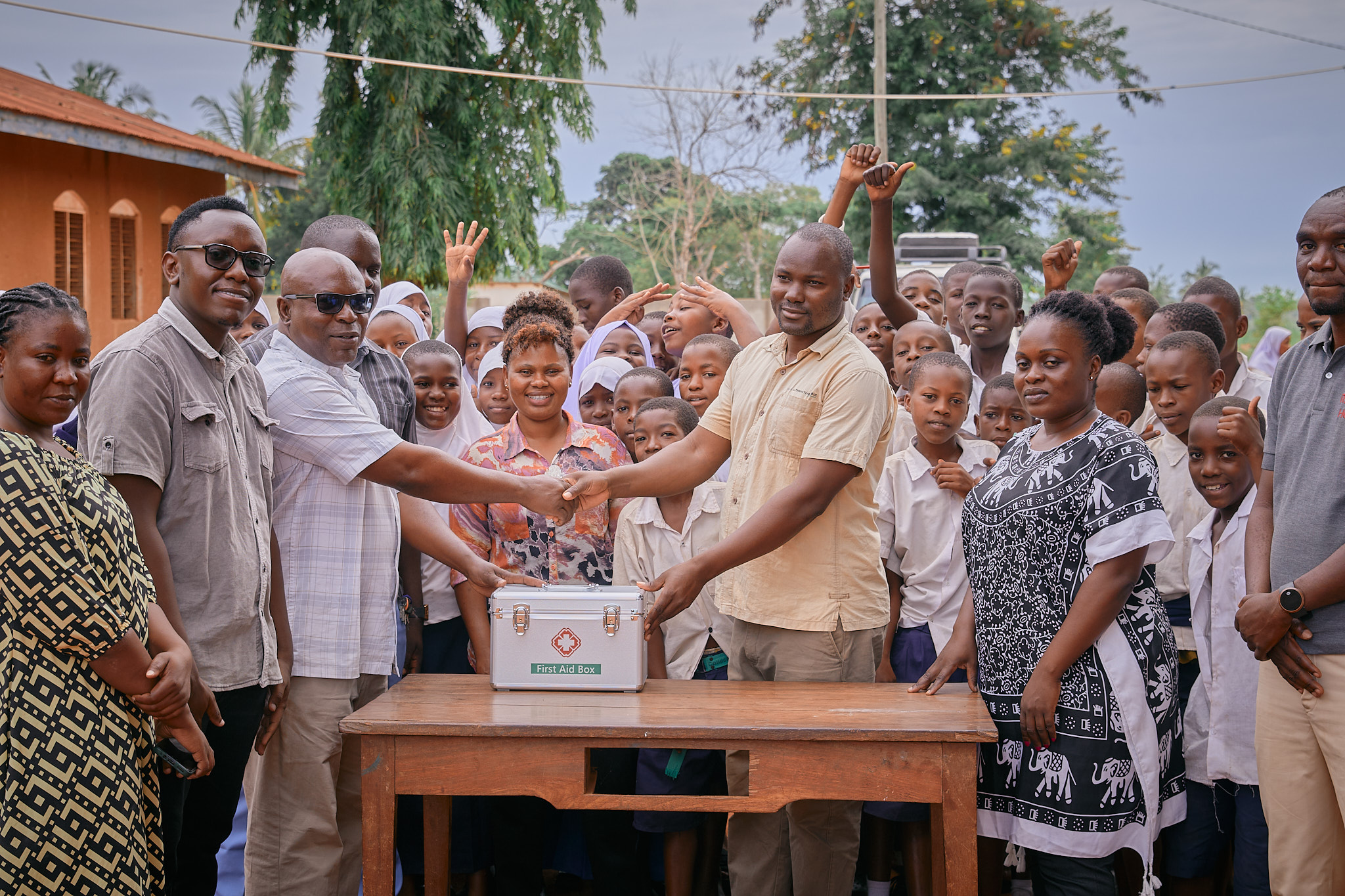
Ifakara scientist, Dr. Omar Juma and team shaking hands with Kikaro Primary School Headmaster, teachers and pupils and pose for a group photo while handing out the First Aid Kit. PHOTO: IFAKARA COMMUNICATION
OUTREACH: Strengthening emergency preparedness in schools
On Tuesday, February 24, 2026, scientists from the Ifakara Health Institute visited schools in Miono and Rupungwi villages, Coast Region, to donate First Aid Kits and provide hands-on lifesa…

Ifakara Health Institute senior scientist and SPIRIT project principal investigator, Dr. Sally Mtenga engages stakeholders during a discussion session at the SPIRIT study dissemination workshop in Morogoro.
WORKSHOP: SPIRIT study pushes cervical cancer elimination agenda
Researchers from the Ifakara Health Institute, as part of the SPIRIT Study, joined health leaders and policymakers in Morogoro, Tanzania for a dissemination workshop—an important step …
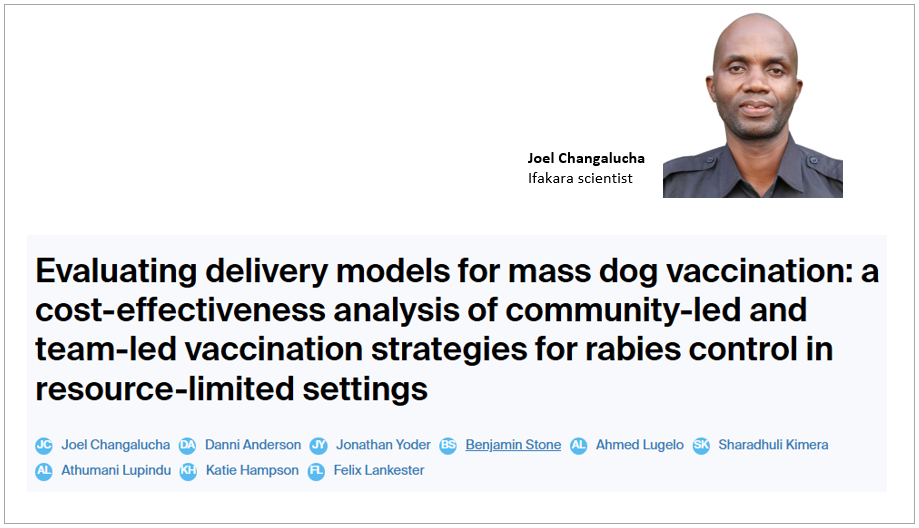
A snip from the Frontiers in Tropical Diseases journal with an inset of Ifakara Health Institute scientist Joel Changalucha, the lead author of the study. GRAPHIC | IFAKARA Communications
RABIES: Study underlines community mass dog vaccination potential to boost elimination efforts
As countries work toward eliminating dog-mediated rabies, new evidence from northern Tanzania suggests that decentralizing mass dog vaccination to the community level could strengthen rabies control — especially…
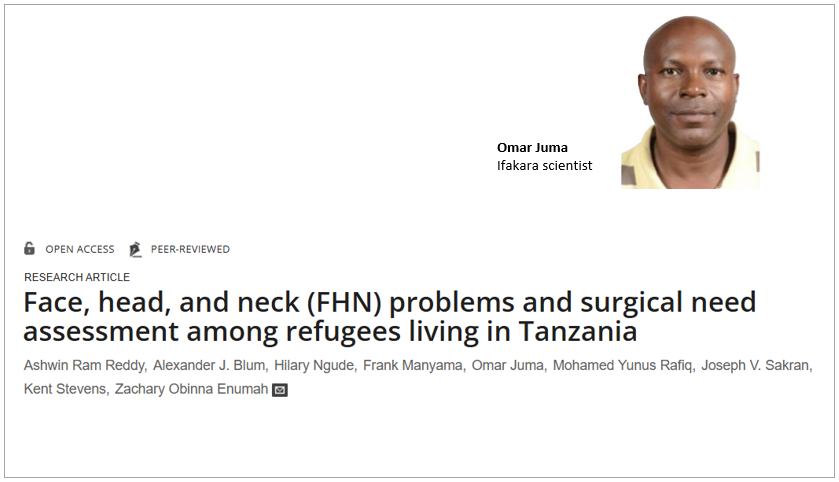
A snip from PLOS Global Public Health with an inset of Ifakara Health Institute scientist Omar Juma, who contributed to the study. GRAPHIC | IFAKARA Communications
SURGICAL CARE: Study reveals shortage for hundreds of refugees in Nyarugusu Camp
A recent study has revealed a high burden of untreated surgical conditions affecting the face, head, and neck (FHN) among refugees living at Nyarugusu Refugee Camp in western Tanzania.
